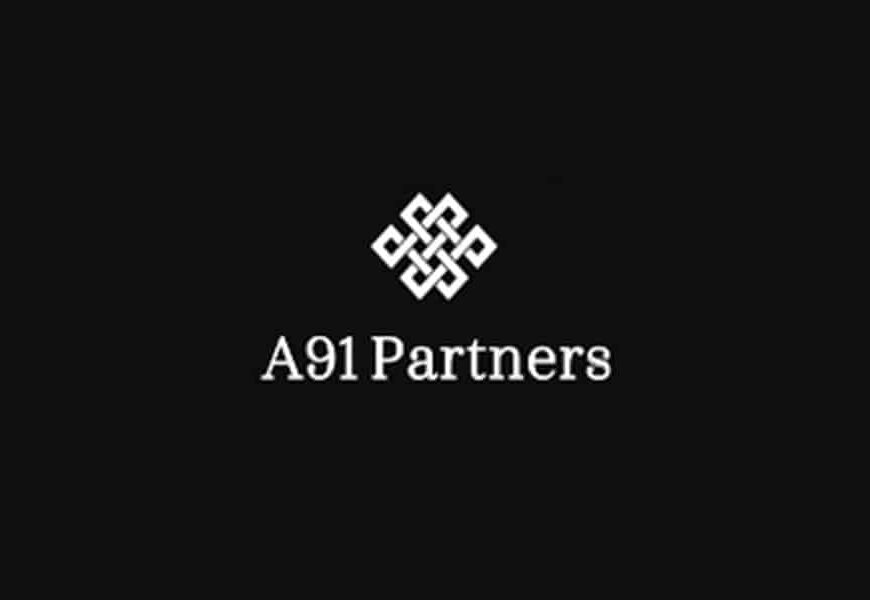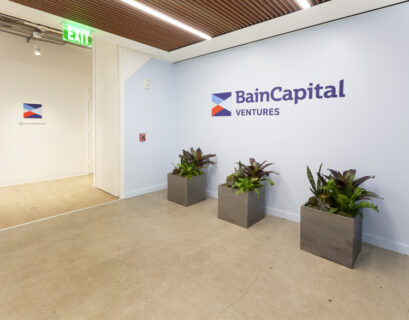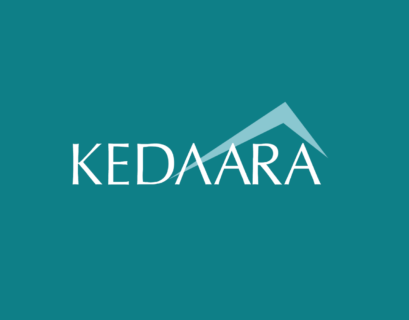Krunali Shah currently works at A91 Partners since 2020. Prior to joining A91 Partners, Krunali was with the Boston Consulting Group in 2018, and did her summer internship in 2019 at Multiples Private Equity in Mumbai. Krunali holds an MBA from IIM Ahmedabad along with Bachelors in Commerce from Narsee Monjee College (Mumbai University) and has also completed her Chartered Accountancy. Krunali will be sharing her experience from her time at A91 focusing on sharing insights about the Private Equity industry in India.
Interview
How did you recruit for this role? What would your advice be for potential candidates aspiring to get here? (recruiting strategy, cycle, process etc.)
My recruitment experience – I got placed at A91 by an off-campus process. I had reached out to the company in August 2018 to apply for an off-campus summer internship (which is mandatory for any 2 year MBA program). While A91 leadership wasn’t keen on hiring interns, they were happy to consider me for a full time role closer to my graduation date. Hence, I first interviewed with them in September 2019. My interview process went on for more than a month with almost 15 rounds of interviews/ discussions (I had 3 rounds with each of the 5 partners – 1 round over video & 2 rounds in person).
Entry level recruitment process –
- Usually head hunters reach out to the potential pool of candidates whenever there is vacancy at any firm.
- Referrals, like everywhere else, tend to have a higher probability of getting an interview. However, final recruitment is 100% based on merit & never on referral. Referrals do help to make a case and are good for reference check, but that’s about it.
- Applying directly / reaching out via LinkedIn can be helpful but has an awfully low conversion ratio.
The shortlisting and interviewing process goes on for a very long time and can stretch for 5-6 months as well if it is a full time position. Since the teams are small, firms take a long time to find the right fit – someone who blends well skill-wise as well as culturally with the team.
My Advice to potential candidates – People tend to underestimate how important culture is. But in my opinion, it is the most important factor & should drive the decision making process. And it becomes even more important for buy-side funds because the teams are very small and employee turnover is supremely low with everyone looking at sticking around at a firm for at least 3-4 years.
What are the key skills that are required for this role?
- The most important skill is having the knack of understanding & deciphering the narrative through numbers. Having the ability to link the story being told by the founders to the numbers is a key requirement
- Second is versatility, especially in sector agnostic funds since one would look at 4-5 different sectors on one single day. So having the ability to swiftly move from one sector to the other & to know the right questions to be asked for each sector is important
- And third would be people skills. Again, this is usually underestimated, but as an investor, having a good relation with founders, bankers and everyone else in the ecosystem is extremely important to be able to do well in the job.
What is the typical feeder profile (typical previous work experience) for this industry in general and for your firm in particular?
For a track role, usually in India, most firms prefer hiring someone with an MBA from a top Indian or foreign business school. Apart from that, atleast couple of years of relevant work experience (top tier consulting, investment banking, pre MBA buy-side, product management, startup) is also generally required.
What is your total team size and what is the typical team staffing on a case/deal?
At A91, the team size is currently 11 (3 general partners, 2 partners, 1 CFO, 1 Associate, 4 Analysts). On one deal/ case usually 3-4 people would be staffed (1-2 GP, 1 partner, 1-2 Associate/analyst)
What is a typical day at work for you?
Every day is very unique. But it would typically include a combination of:
- Couple of hours of founder meeting/ presentation of new opportunities
- Couple of hours of internal team discussion
- Portfolio companies related work
- Brainstorming and analysis of projects with mini-teams
- Working on thesis of upcoming sectors that we are interested on
What are your key responsibilities and deliverable on a case/deal?
- Sourcing opportunities
- Build thesis – talk to people in the industry, expert calls, talk to other players in the space, look at listed companies in this domain, talk to US/European companies
- Due diligence & term sheet
- Spending time on ground for portfolio companies
What is the typical exit that people get from this role?
Well typically buy-side is end goal of sorts. And hence, exit would be either starting a new fund or lead someone’s family office or join another larger/global fund. There have been instances where entry/mid level folks have left and started their own startup
A few folks have also left the industry to join another start-up or a portfolio company in a senior operating role. While this is rare but is a possibility.
What are the pros and cons about this role?
Pros
Direct access to top leadership of companies, highly content driven work with very limited aesthetics required, access to wide network of professionals across domains, exposure to the latest innovation happening in the startup ecosystem across the country, exposure to all sectors (in sector agnostic funds)
Cons
Very difficult to develop operating skill sets. Also, generally, very limited exposure of working with mid/ lower level employees in a company
What are your typical work hours in a week (including weekends)?
Generally 60-65 hour workweeks with weekends well protected
How do the responsibilities evolve as one grows in this industry into senior roles?
Well they more or less remain the same just get more refined
What would be your advice for people aspiring for a similar role?
- I think its important to build a good network with people at junior level on the buy-side and to always be on the lookout for opportunities
- One must keep reading lots of high quality content – blogs, books, podcasts etc and develop a mindset and a mental framework to evaluate businesses. This will go a long way in helping during interviews.
- Certain funds prefer someone who has demonstrated academic excellence during postgrad/undergrad and hence it is always advisable to try to have a strong academic background and try to be amongst the top of your batch.











![First Principles Approach to Financial Modelling in Excel - [Episode 1] First Principles Approach to Financial Modelling in Excel - [Episode 1]](https://thenumbermonkey.com/wp-content/uploads/abacus-100x100.jpg)









